The workshops I attended were: Facilitating Success for All in Inclusive General Education Classes: Best Practice Indicators and Team Strategies for Access to the General Curriculum; Supporting Speech and Verbal Memory for Children with Ds; How to Teach a Wiggle Worm.
Facilitating Success: I missed the first half of the workshop, but from what I can tell from the slide show it appears a lot of the information was geared towards providing schools with strategies used to develop effective inclusive services.
- Provide something like an All About Me book to the IEP team to get to know your child.
- Schools are supposed to provide services your child needs and shouldn't say child has to go to another school (not the child's home school).
- Clearly define role of para-professional; not a personal aid but to facilitate involvement in classroom
Supporting Speech and Verbal Memory: Activities and games to try
- Play "I Spy" with letter sounds; ie "I spy something that starts with the ess sound." (use with flash cards)
- Deliver messages to other family members (go upstairs and tell Dad its time for dinner)
- Recall activities and stories throughout the day
- Consonant+vowel combinations: ba, boo, bee
- Improve phonological loop function (learning letter sounds/names, literacy, reading, spelling, decoding or 'sounding out')
- Improve attention and processing capacity (hiding games, memory games, grouping skills - sorting, oddity, tasks, memory tasks)
- Rehearsal training - name 4 picture cards, cover cards, and one by one have child name each card from memory
How to Teach a Wiggle Worm: This was described as ..."adjust teaching methods and materials to meet the needs of the learner in both the home and school settings." but most of the info seemed to be for home; I was hoping for more methods to bring to the classroom.
- Keep it simple, relevant/age-appropriate, fun
- Lots of breaks
- Engage whole body as much as possible
- Rapid fire input for memorized skills (picture/word cards)
- Sessions short with information broken into small chunks
- Modify materials- less on page
- Allow for moving, bouncing, or standing
- Stage activity to assure child's first response will always be correct - 'success step' - for praise, self-confidence
- Children with Ds often struggle with verbal production, assessment of knowledge should also be measured by non-verbal performance as well i.e; pointing to requested word rather than reading out loud, or matching words to pictures, acting out words
- Instead of sitting at table grouping words instead place labeled baskets across the room, tell child to place all words beginning with "s" in one basket, all words beginning with "a" in another basket etc and have them run across the room to complete task
* I've used this since we've been back from convention with Kayla's site words. I spread them on the couch and say go find the word "at" "the" "and" etc and she runs to the couch looking for the word. She seems to enjoy this activity much more than sitting there flipping through her site words and reading them out loud to me. I also have her read the word when she brings it back to me.
- School site word lists don't have meaning to the child (it, at, and, the) use action site words like "jump", "sit" so the child has a visual idea of what the word is. Child can also perform the action when looking at word instead of reading it out loud to show knowledge of word.
- Math activities - count set of like toys and find # card to go with it, teach correct names of coins and group by coins, group small objects in amounts of 1, 2, 3 etc and place # card on correct grouping, don't depend on calculator, but know how to use it
- Identify strengths and interests and build on those
I also attended the screening of the documentary Monica and David. The film (about a couple with Ds who marry and live with the bride's family) was interesting. Monica's mother is a bit over protective and has a hard time letting her daughter lead her own life. I admit I can see some of myself in her. I sometimes think I'm a bit of a 'helicopter mom' when it comes to Kayla and I need to step back and allow her some freedom and independence. The film also gave me some things to think about. For instance, Monica and David are both in their 30s and at one point are learning to cook. The are asked if they've ever cooked anything before and neither of them have. Its definitely something I want to be teaching Kayla as she grows up; well before she's in her 30s.



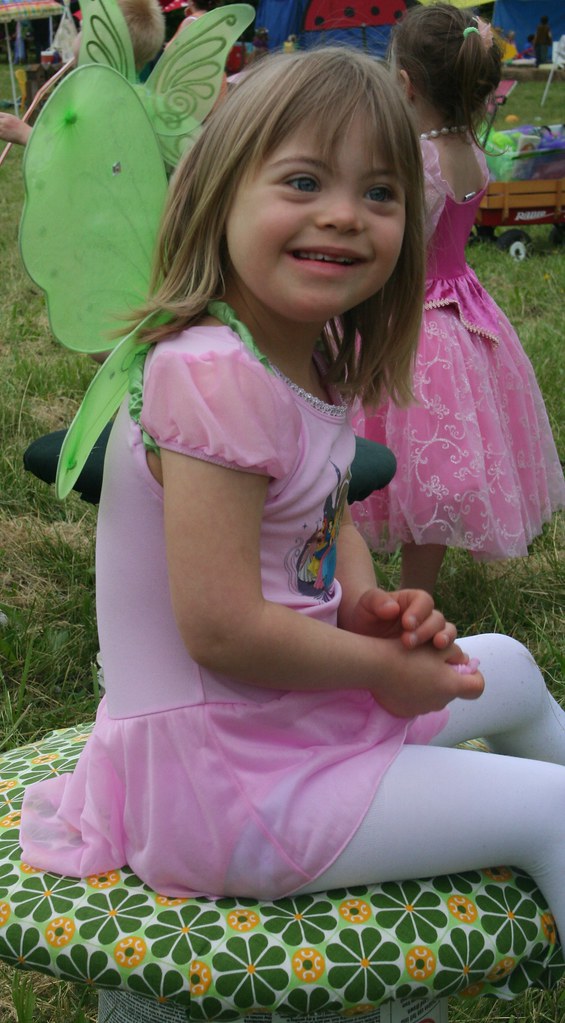

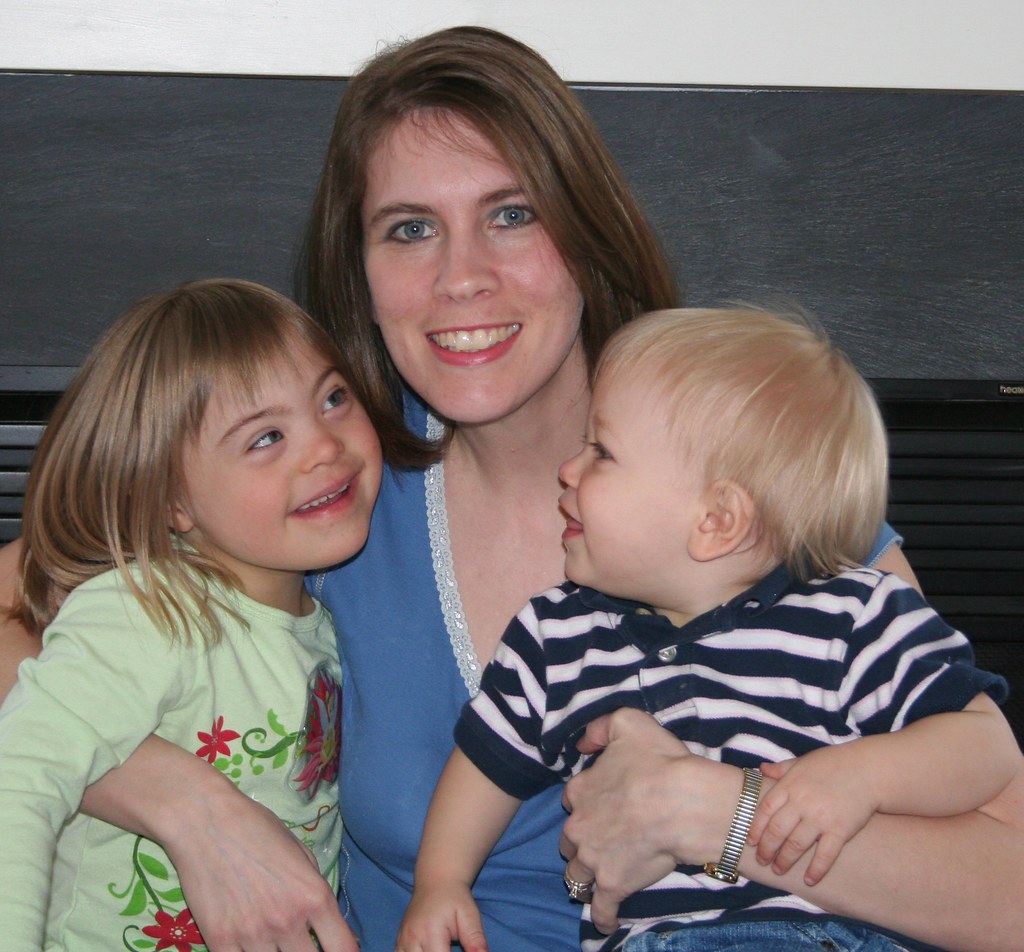
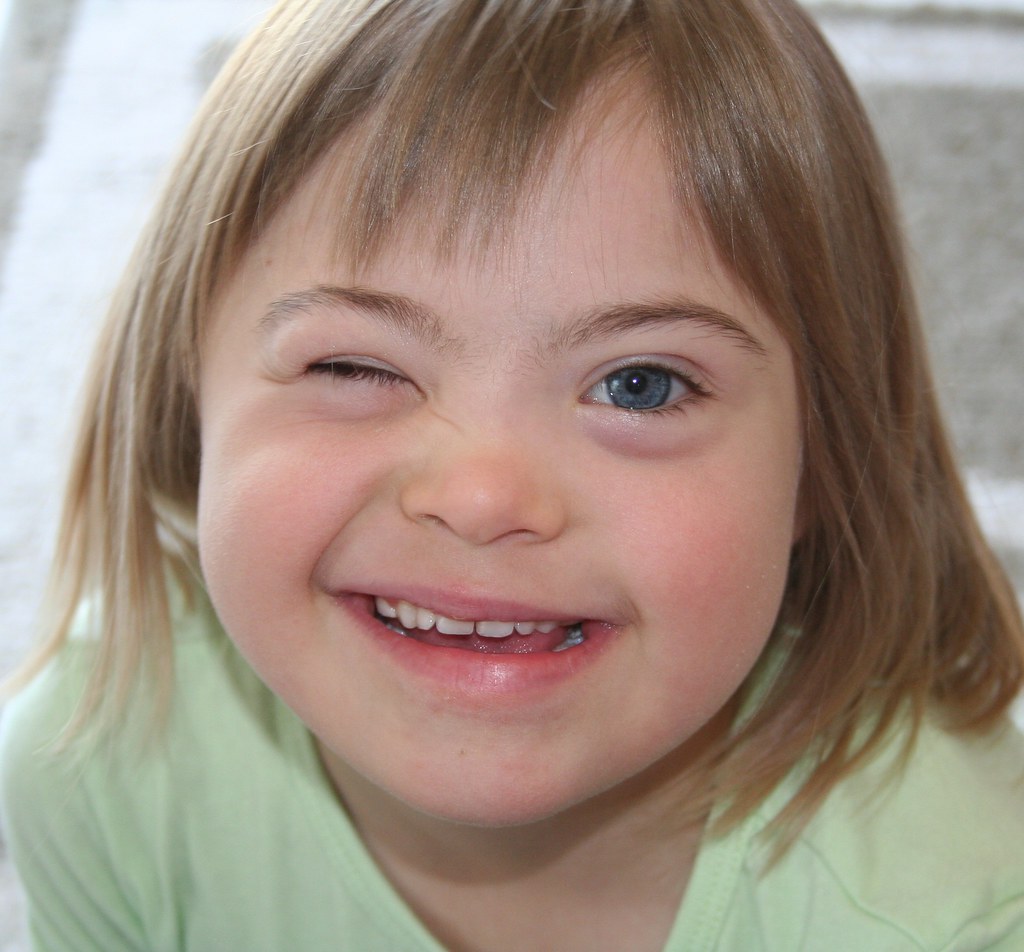
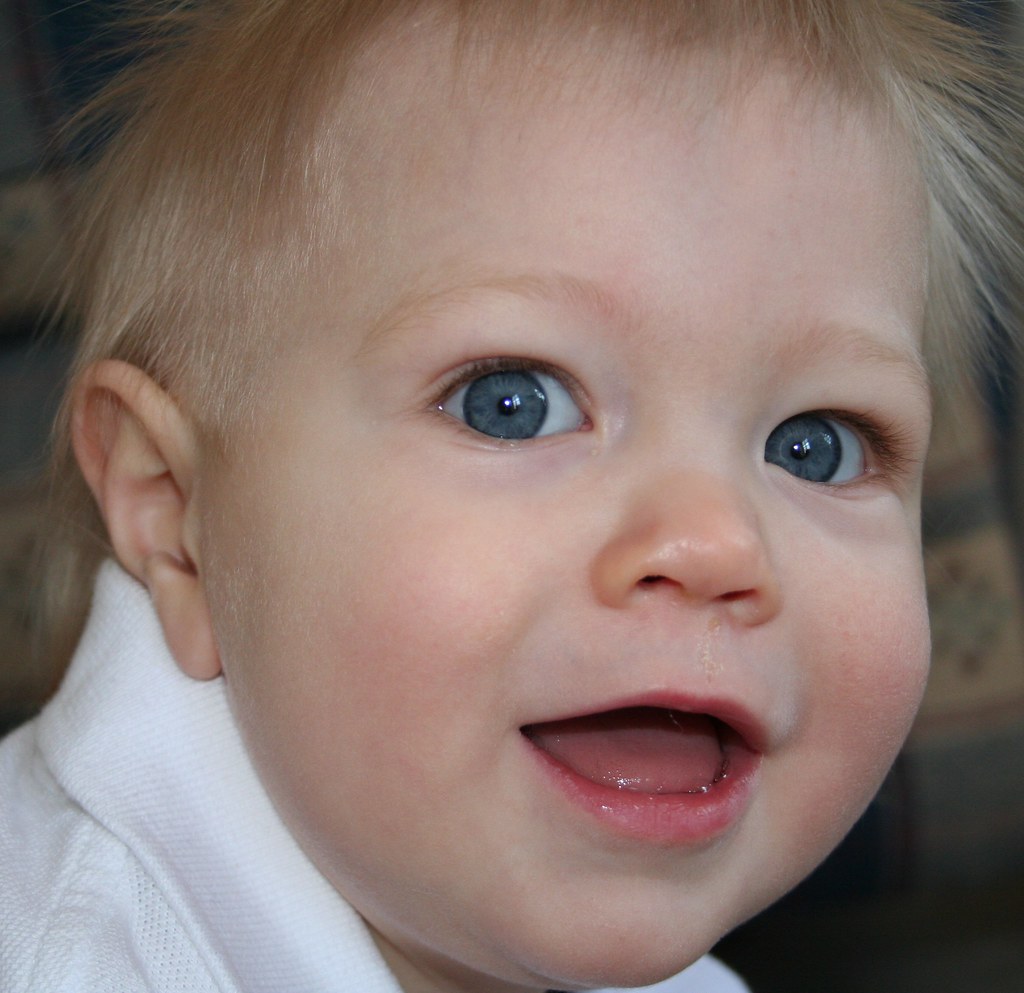
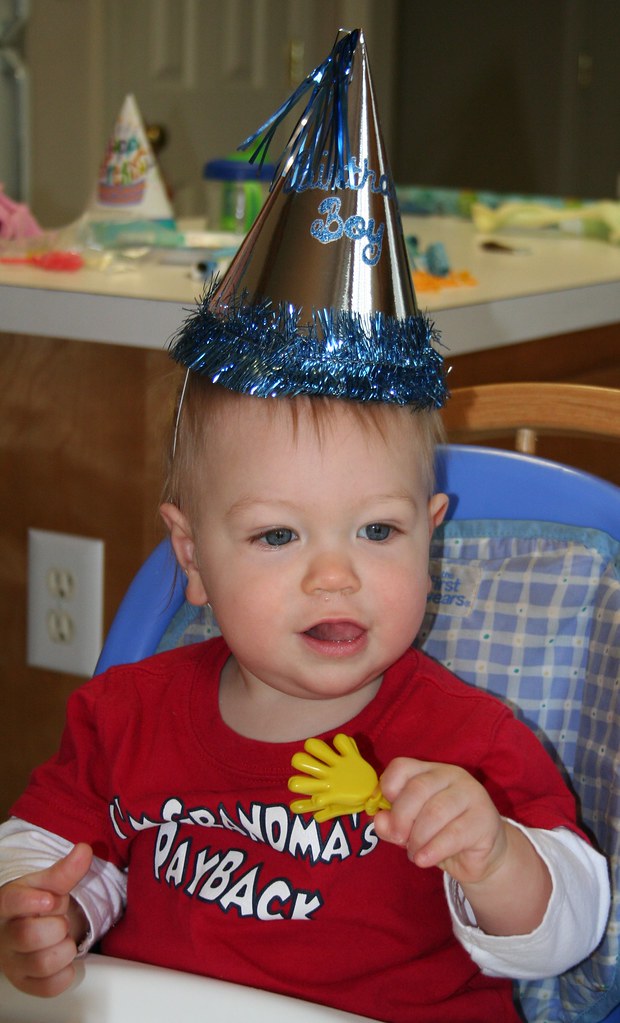
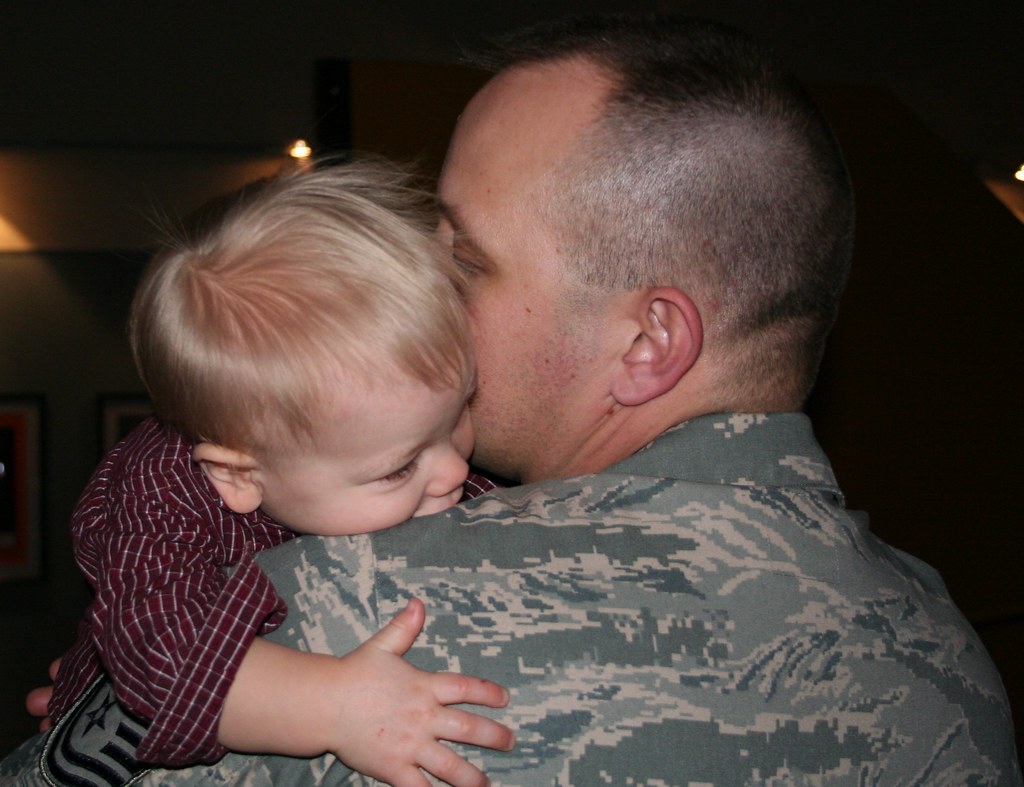
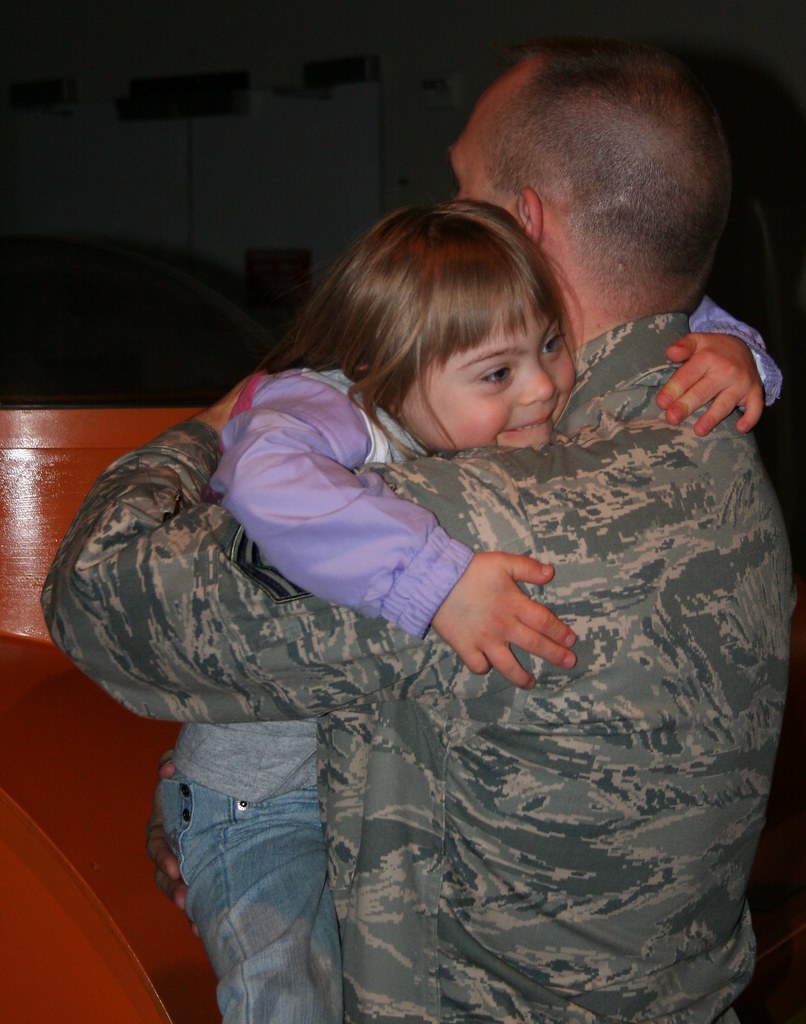
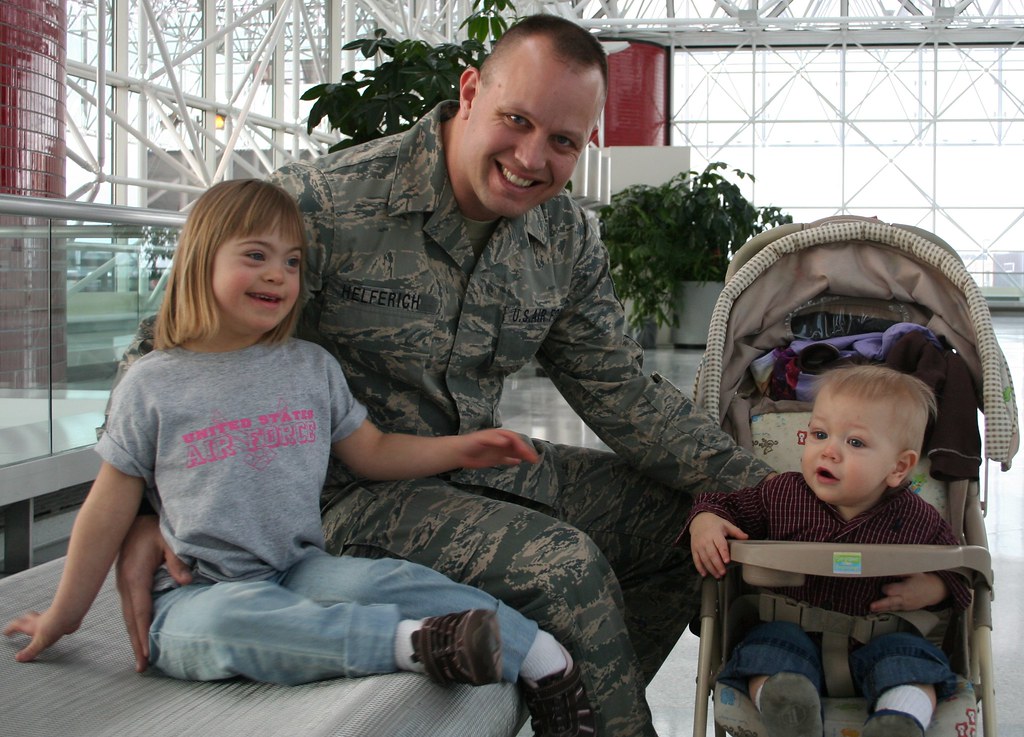
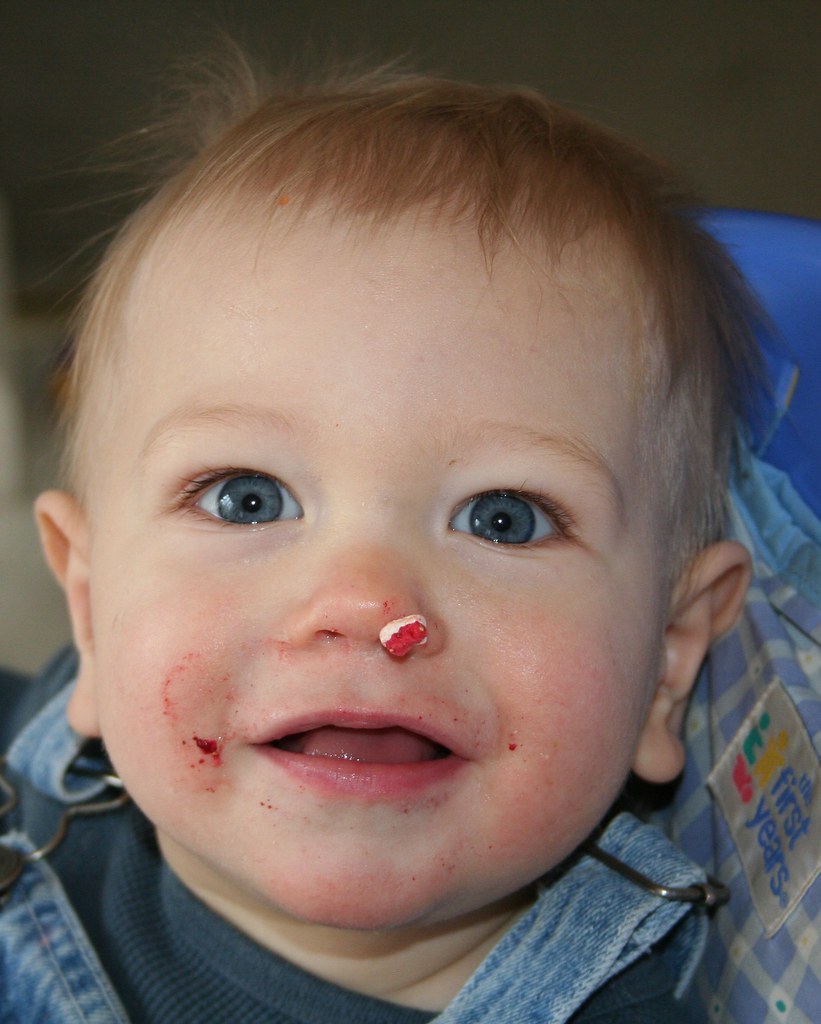
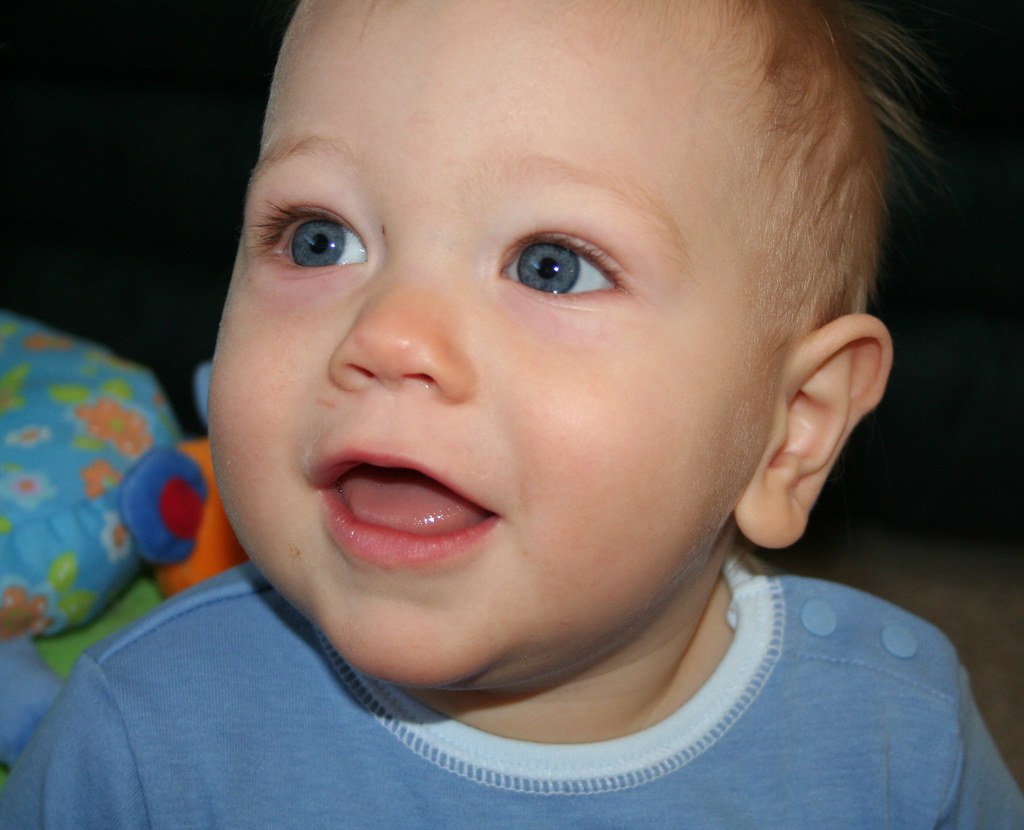
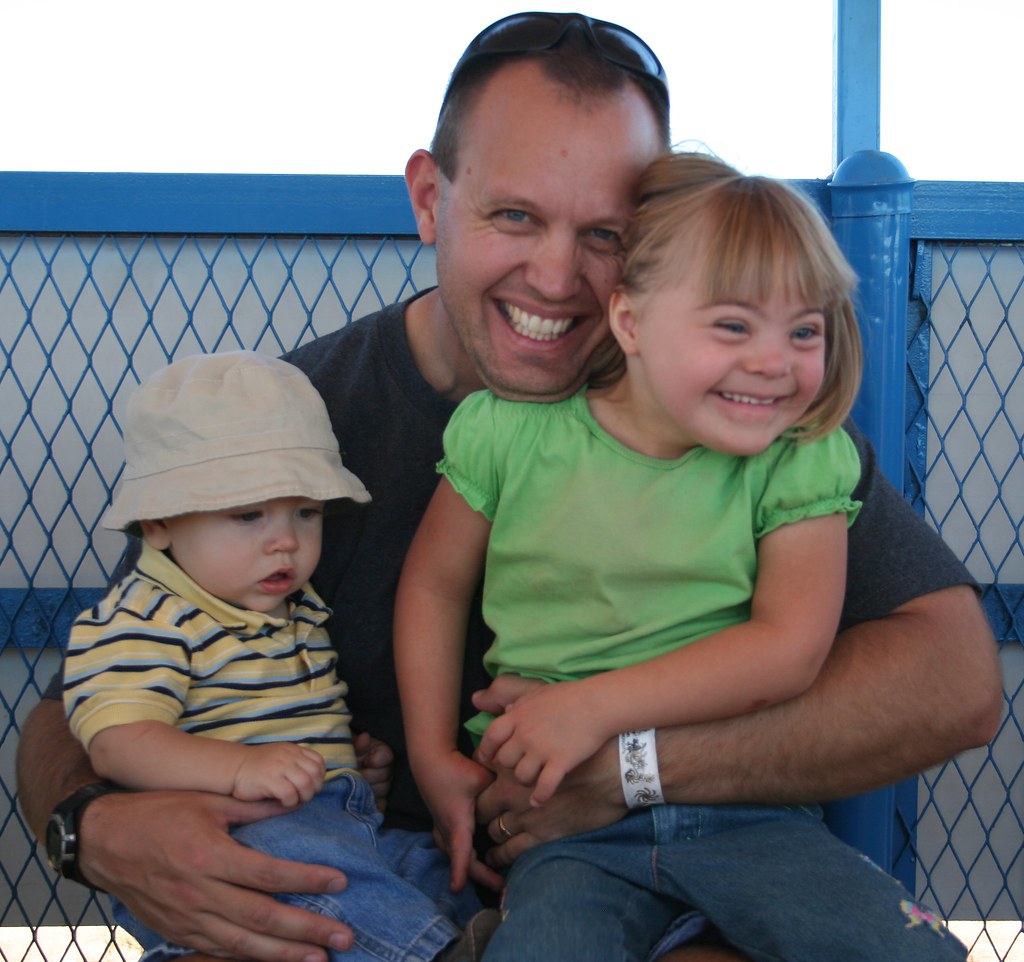
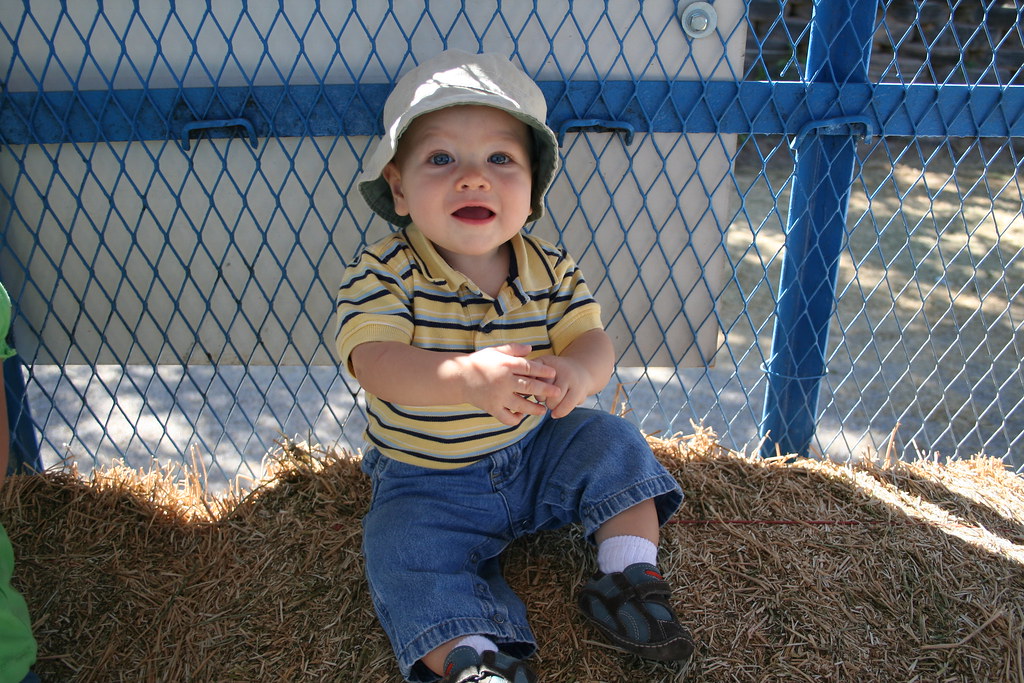
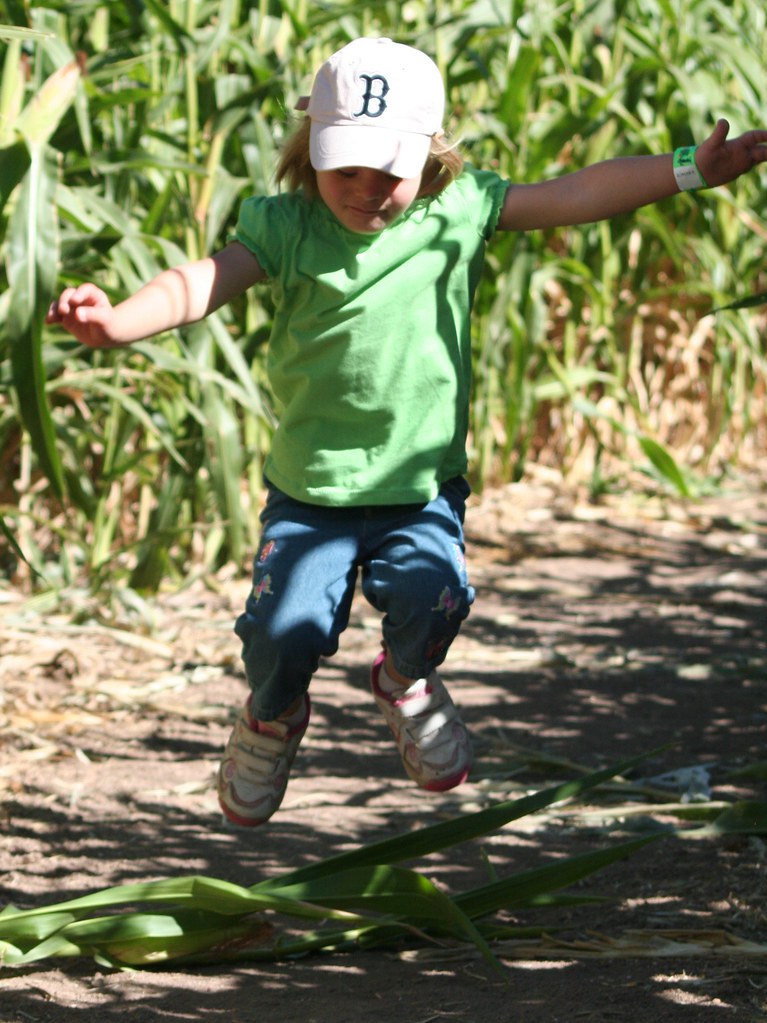
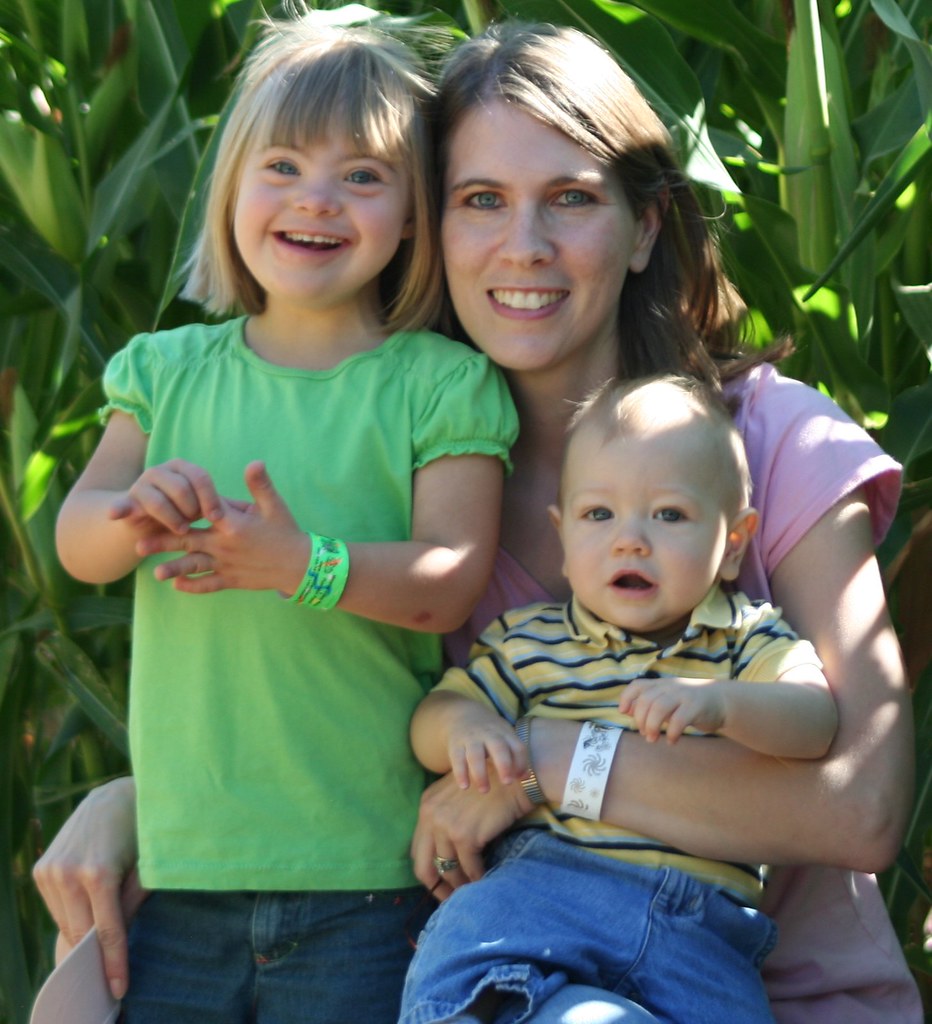
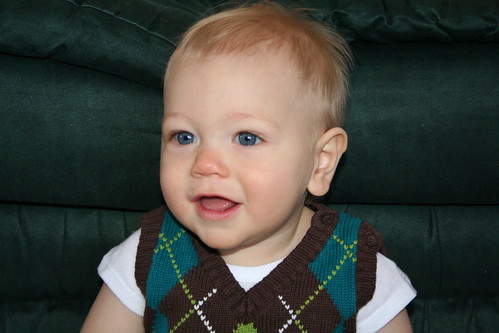

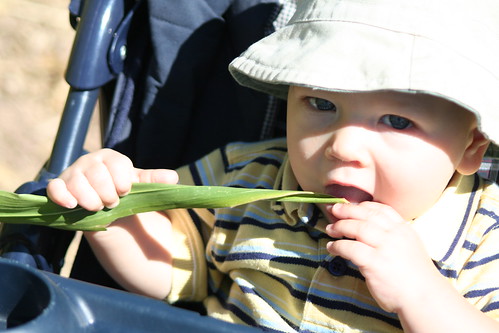
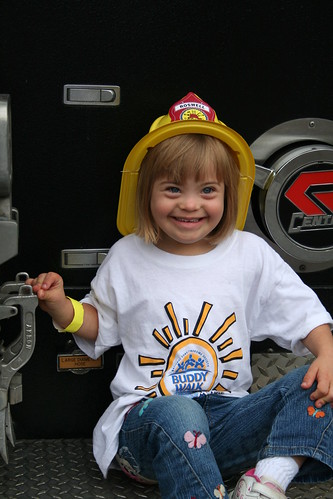
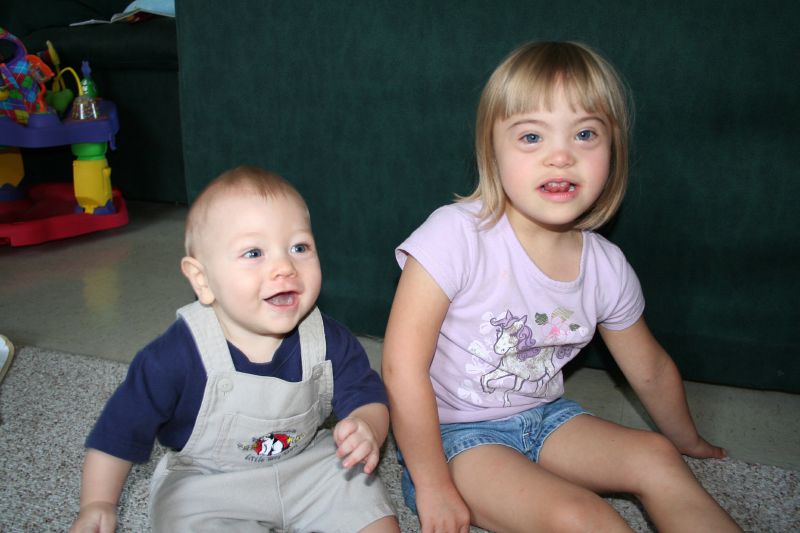


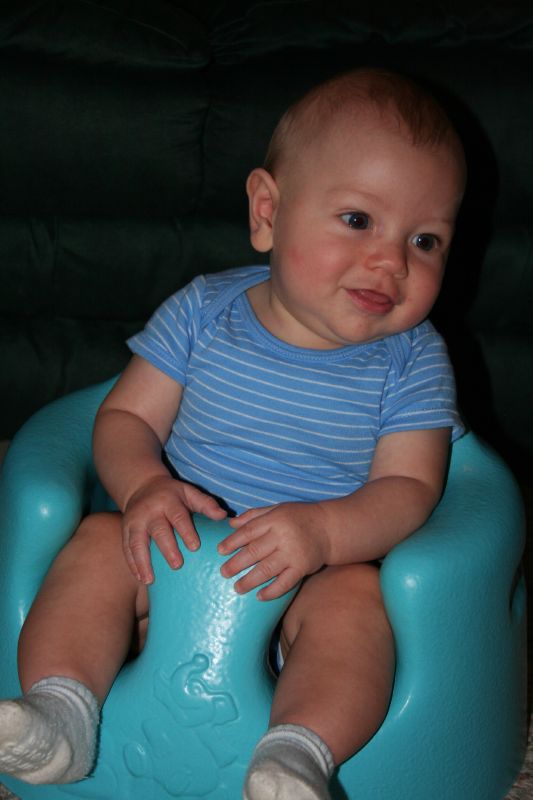

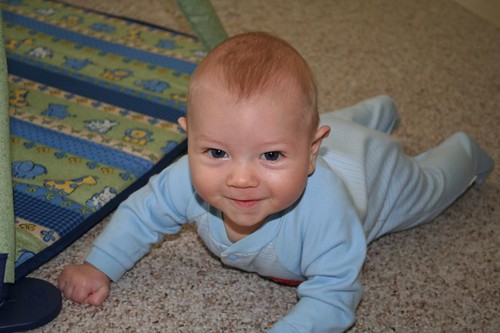
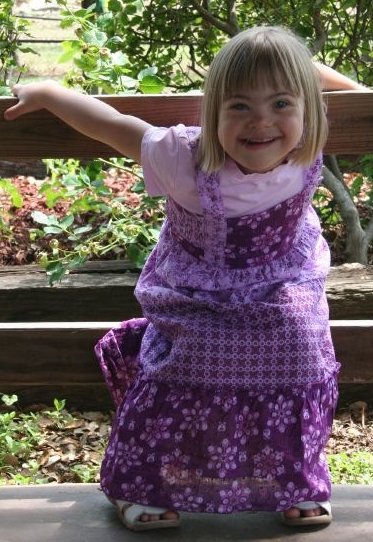

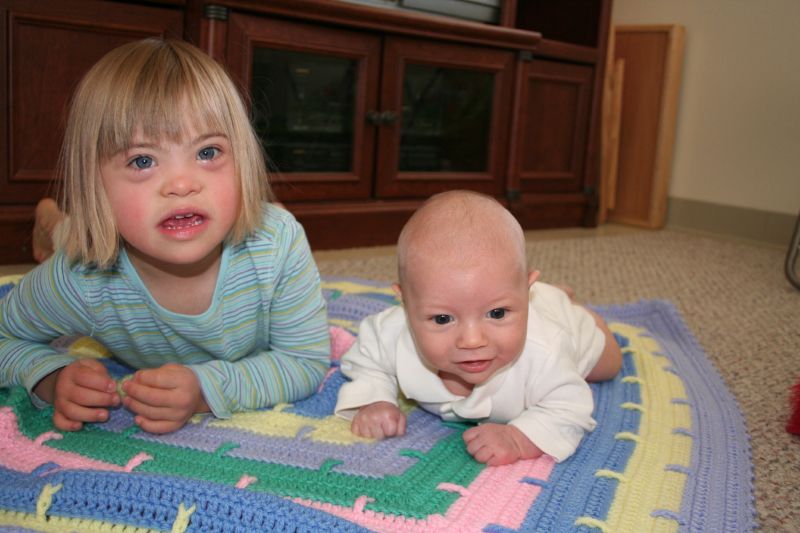
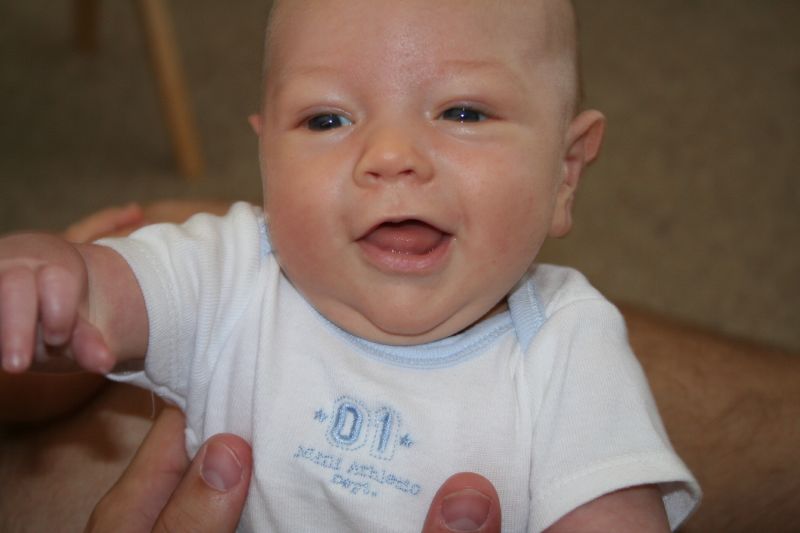
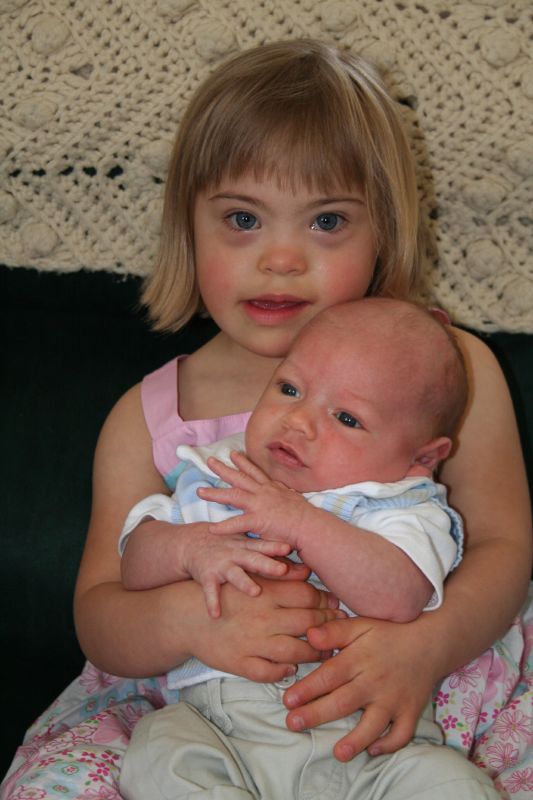
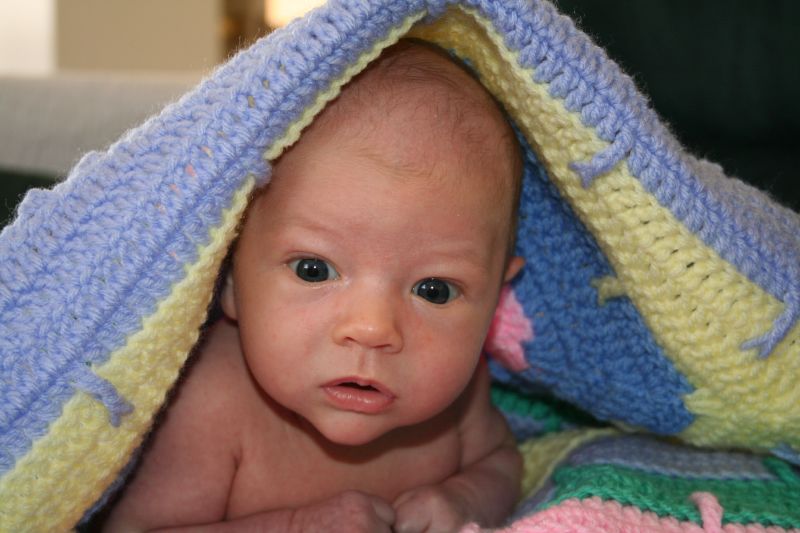
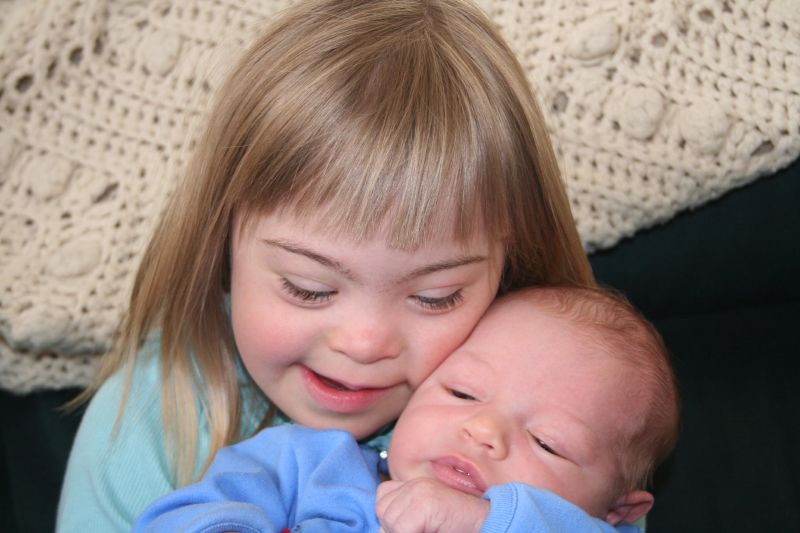
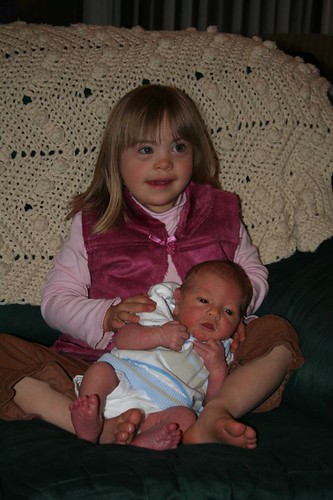
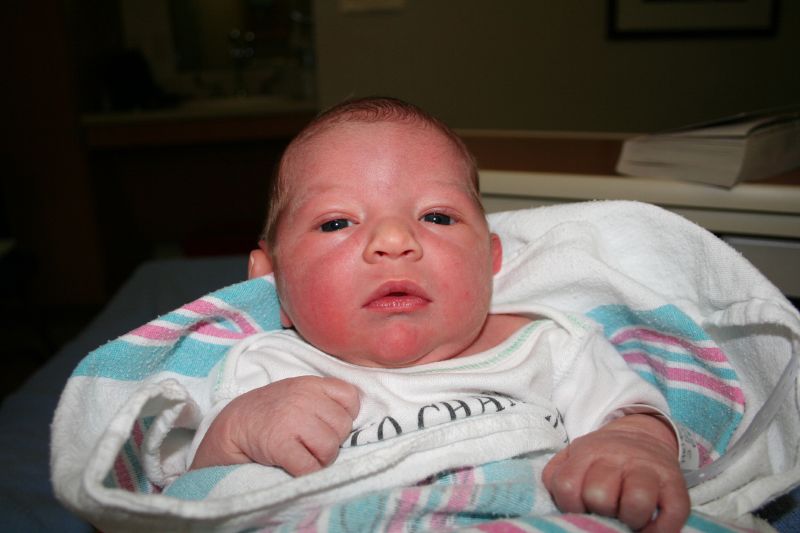
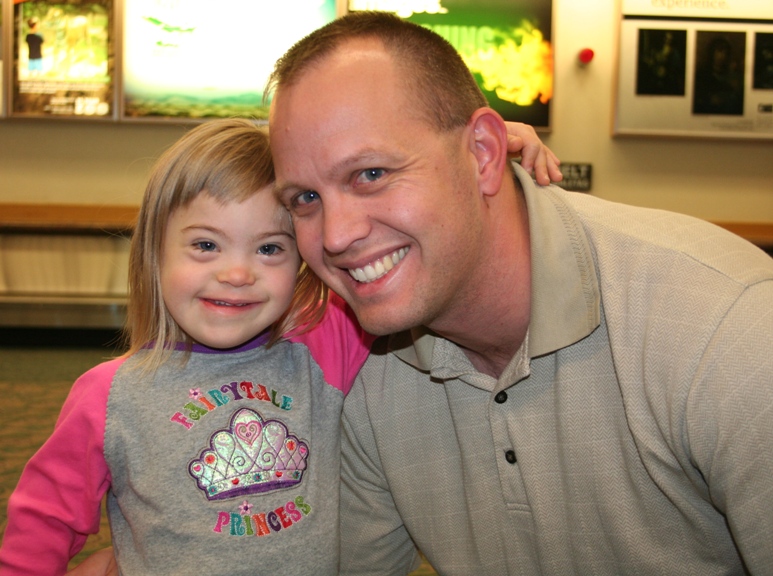
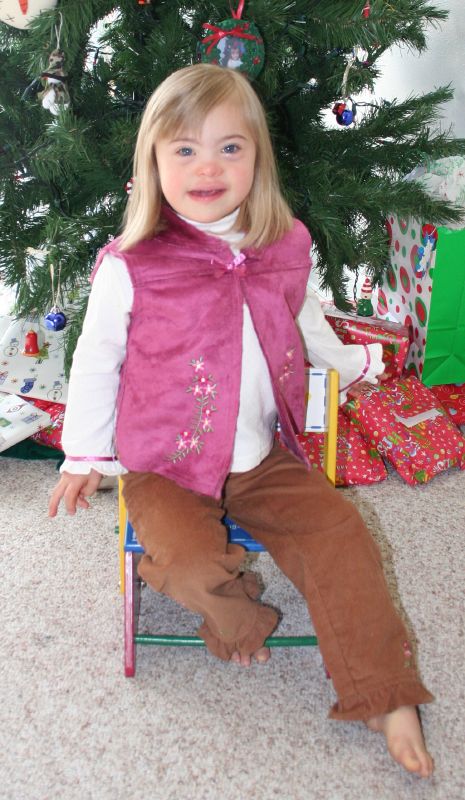
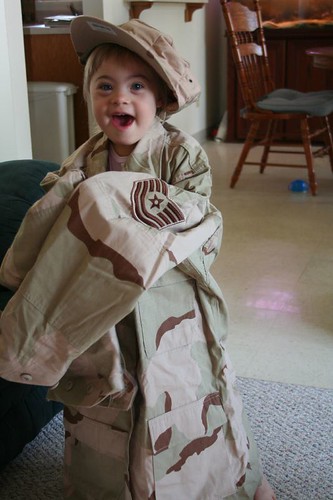
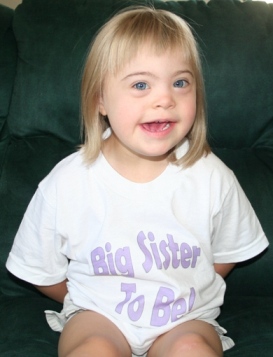

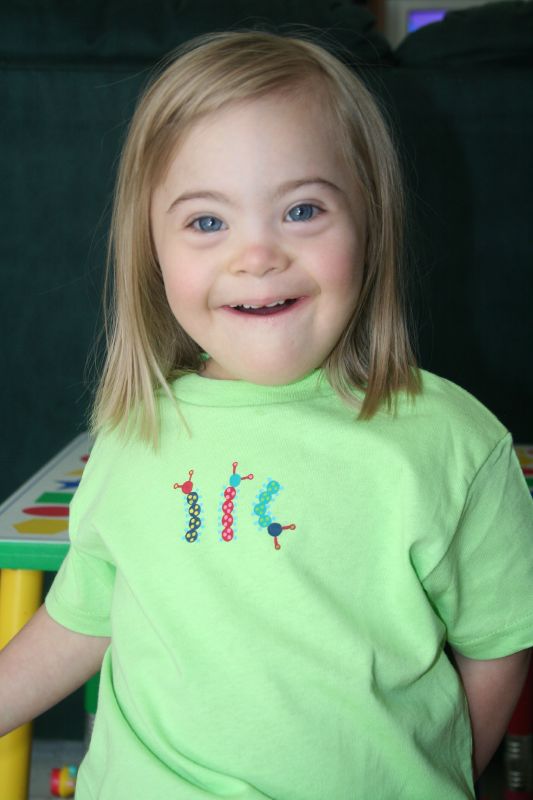
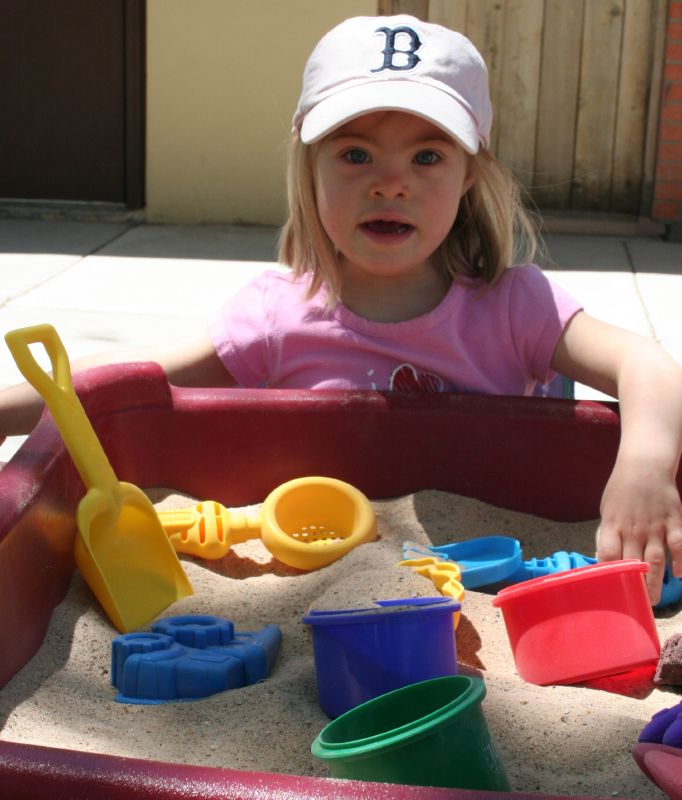

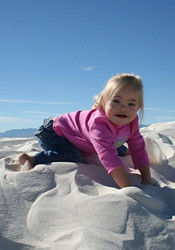
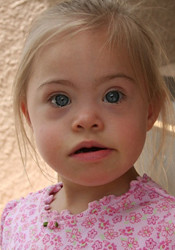
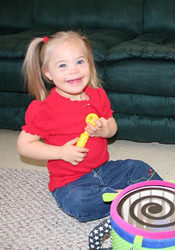



1 comment:
Thank you for all of that, Michelle. You've definitely provided me with some things to try and to think about! I can see some of those working very well for Samantha, like spreading the word cards on the couch and having her run and get them instead of sitting in one place and going through the cards.
Post a Comment